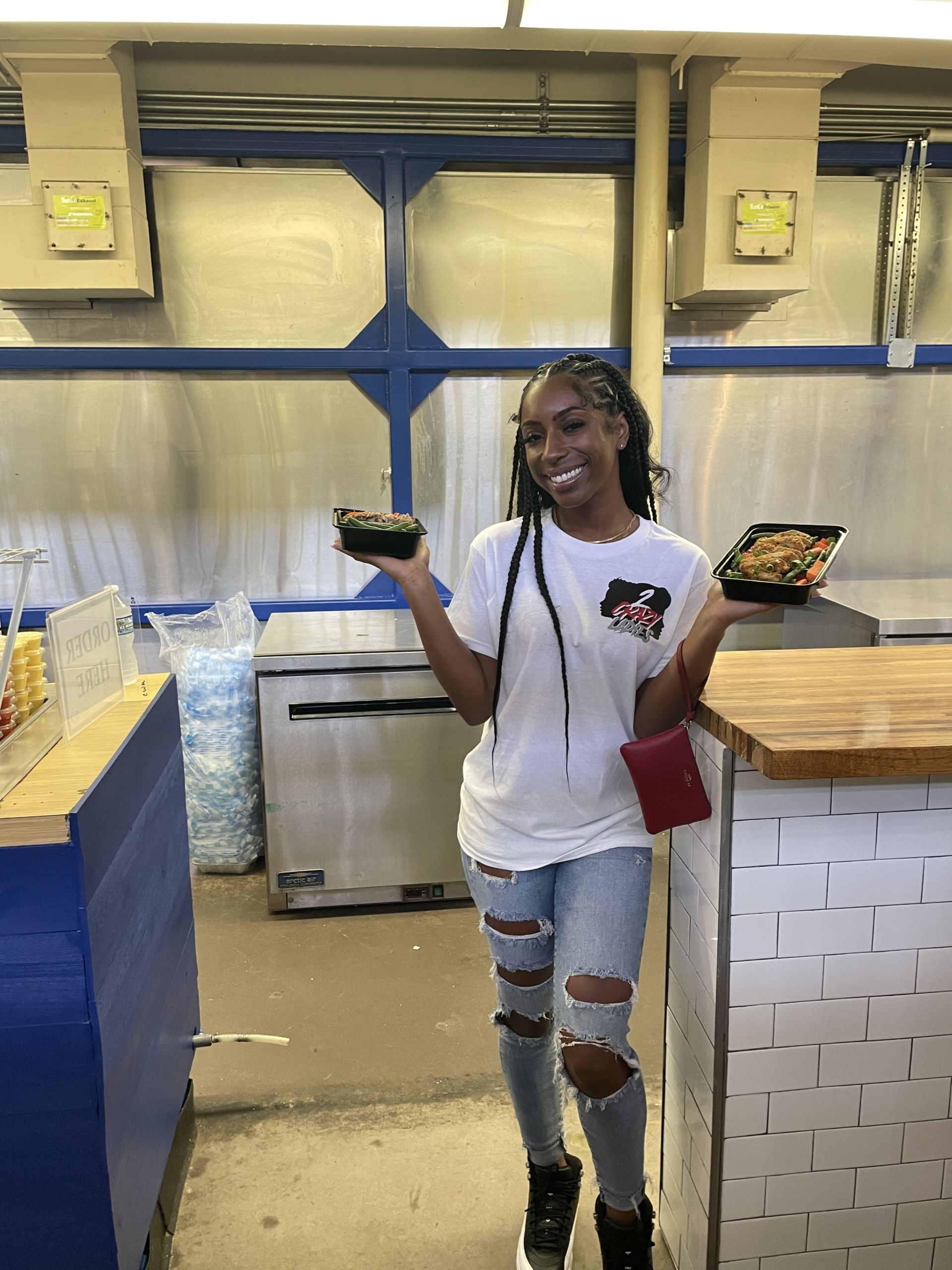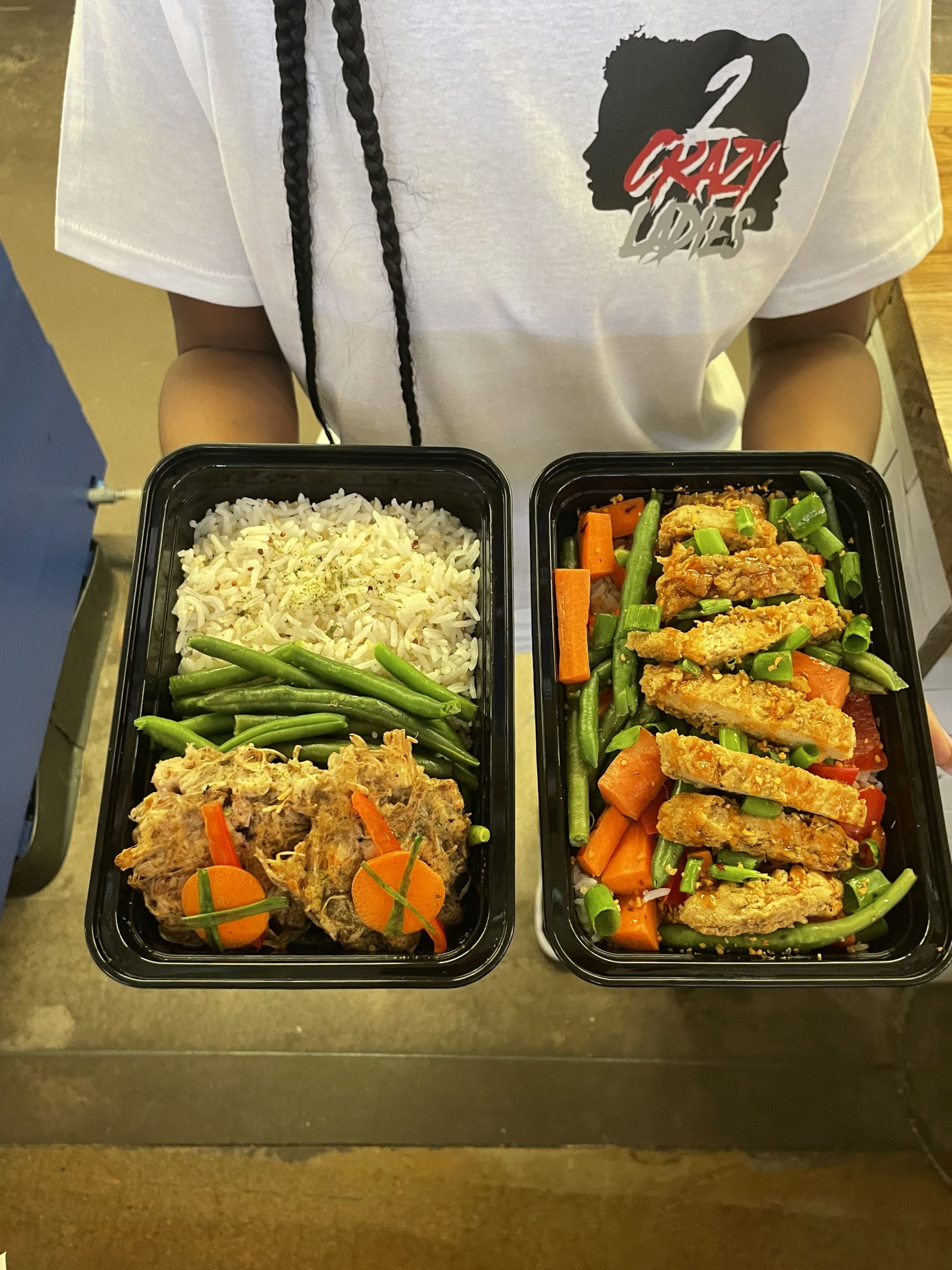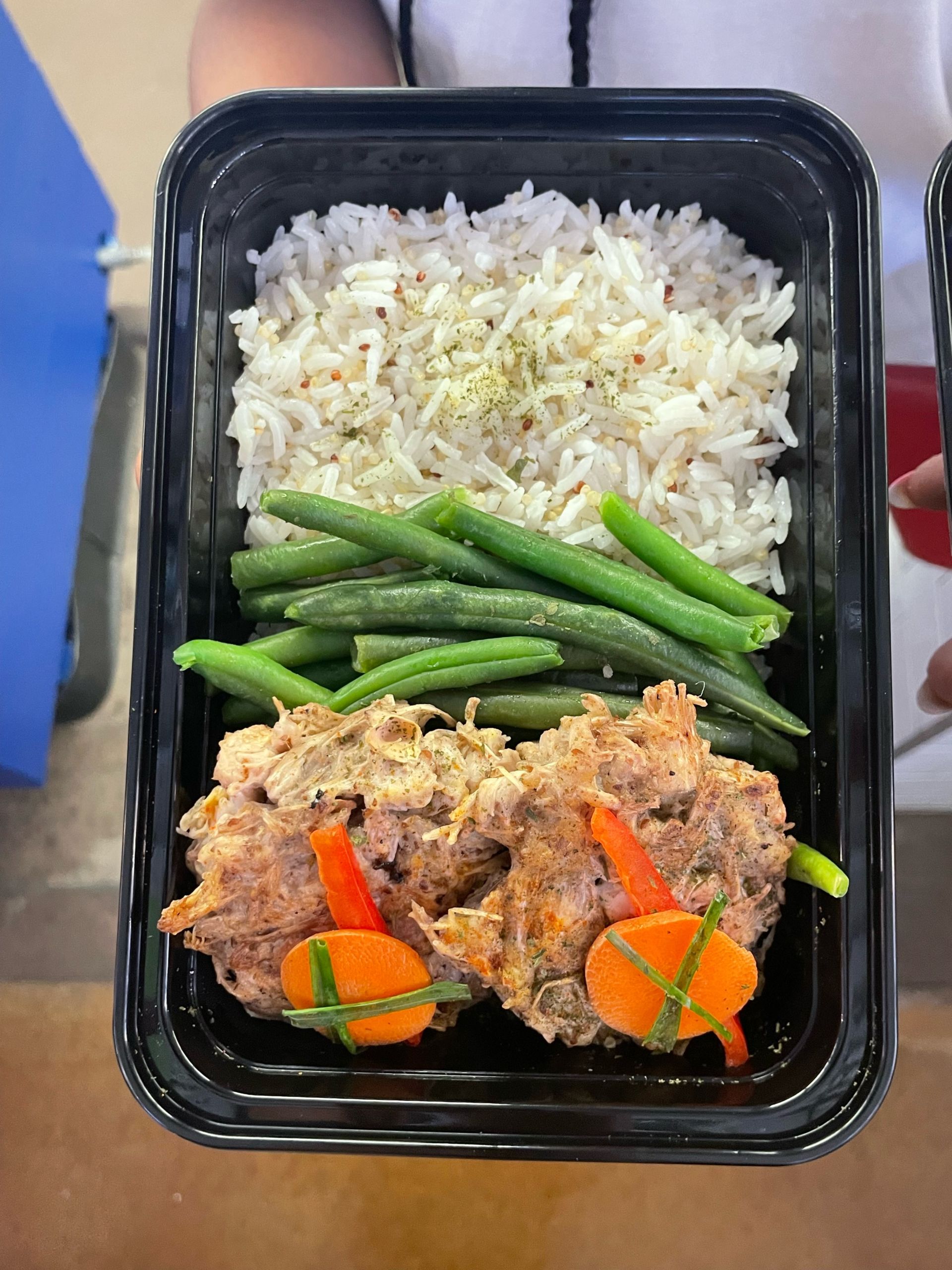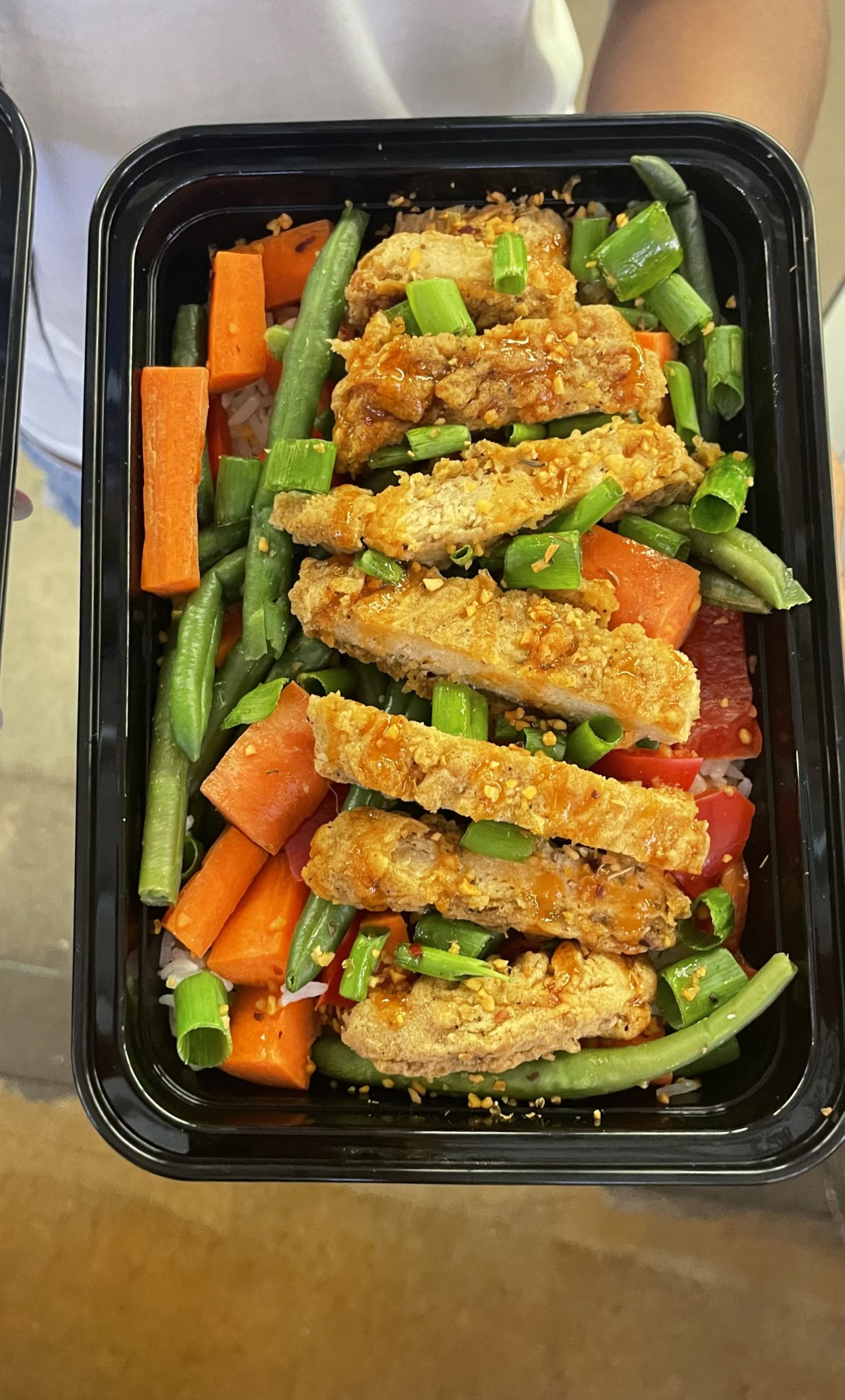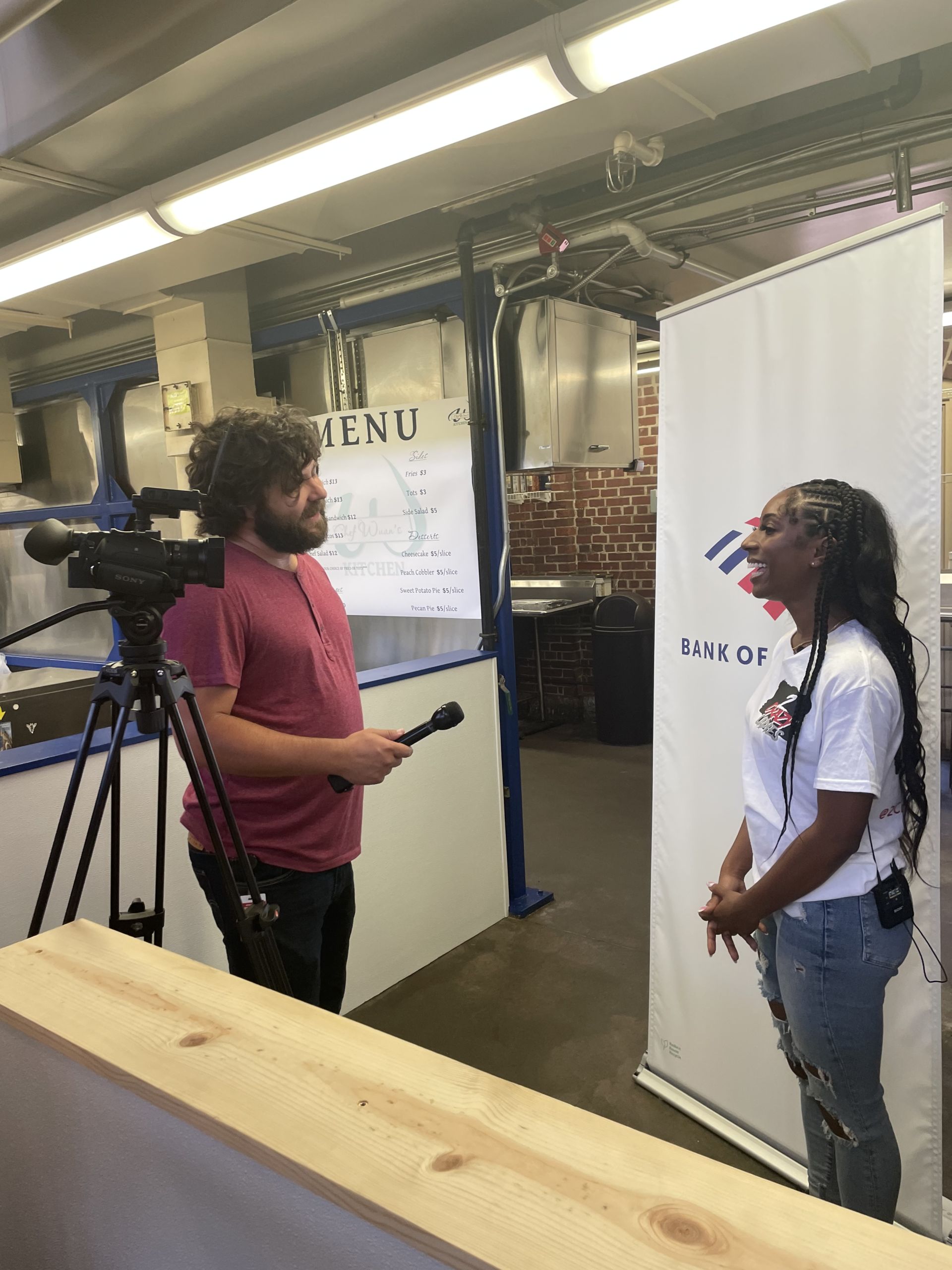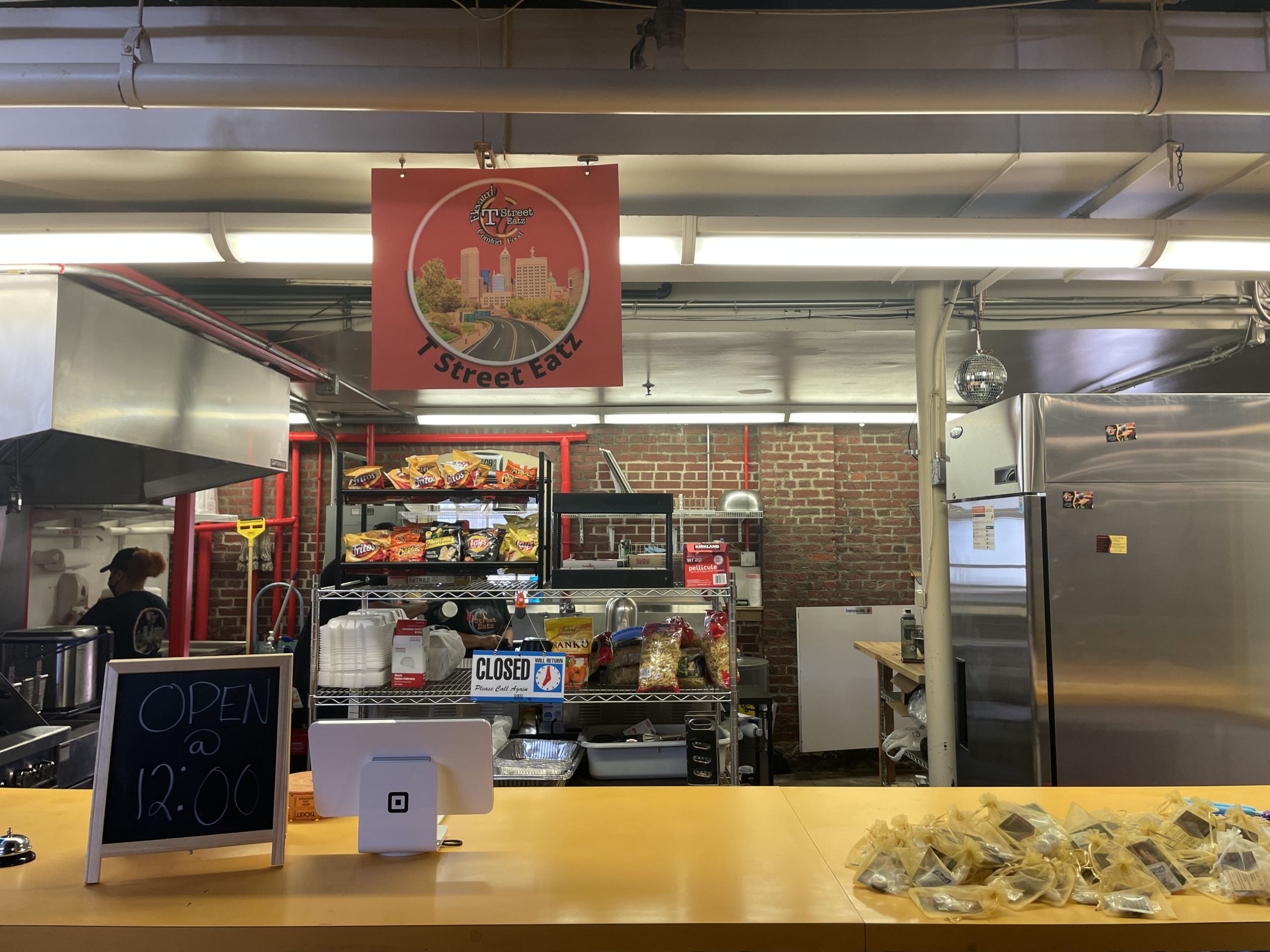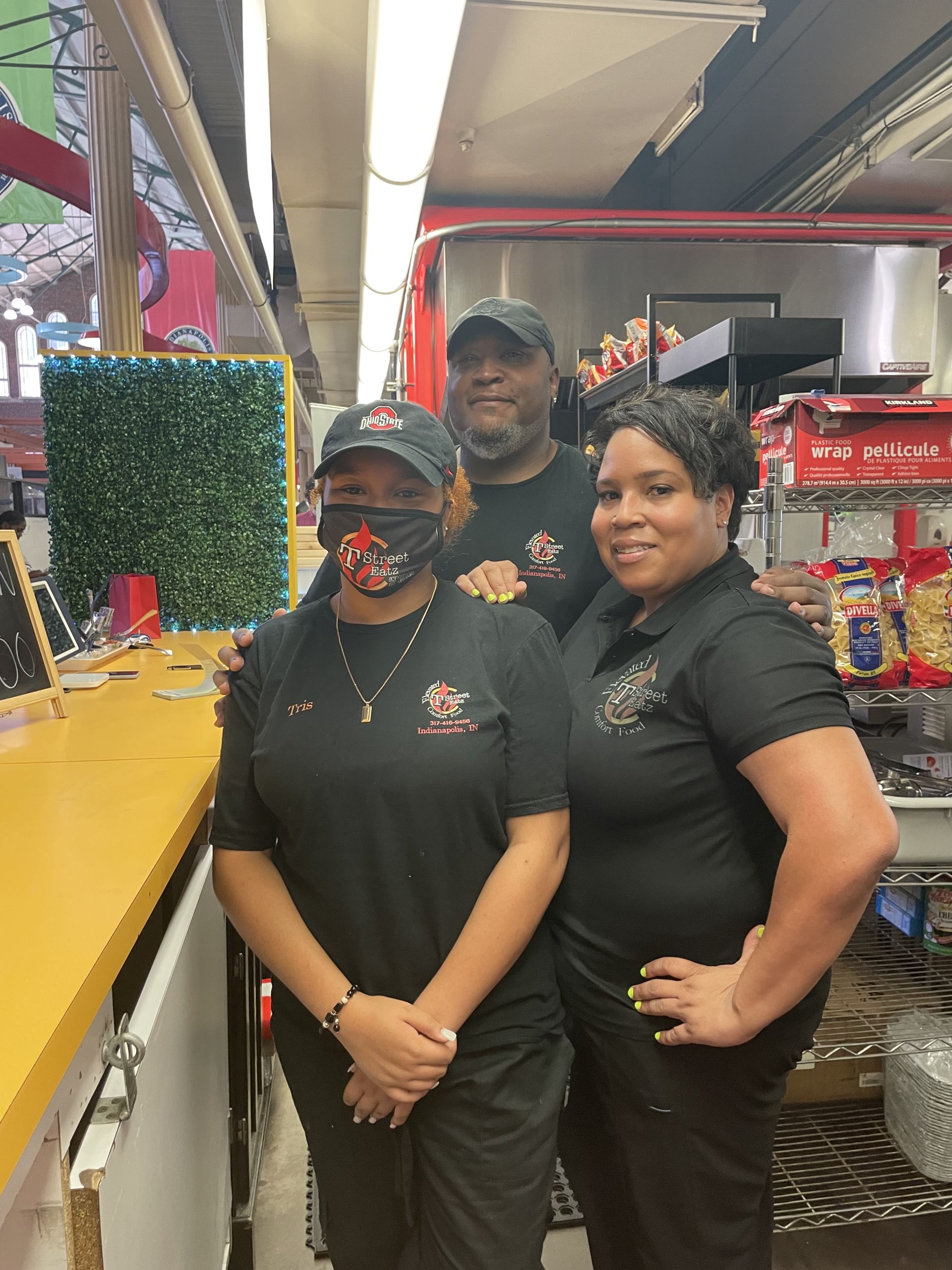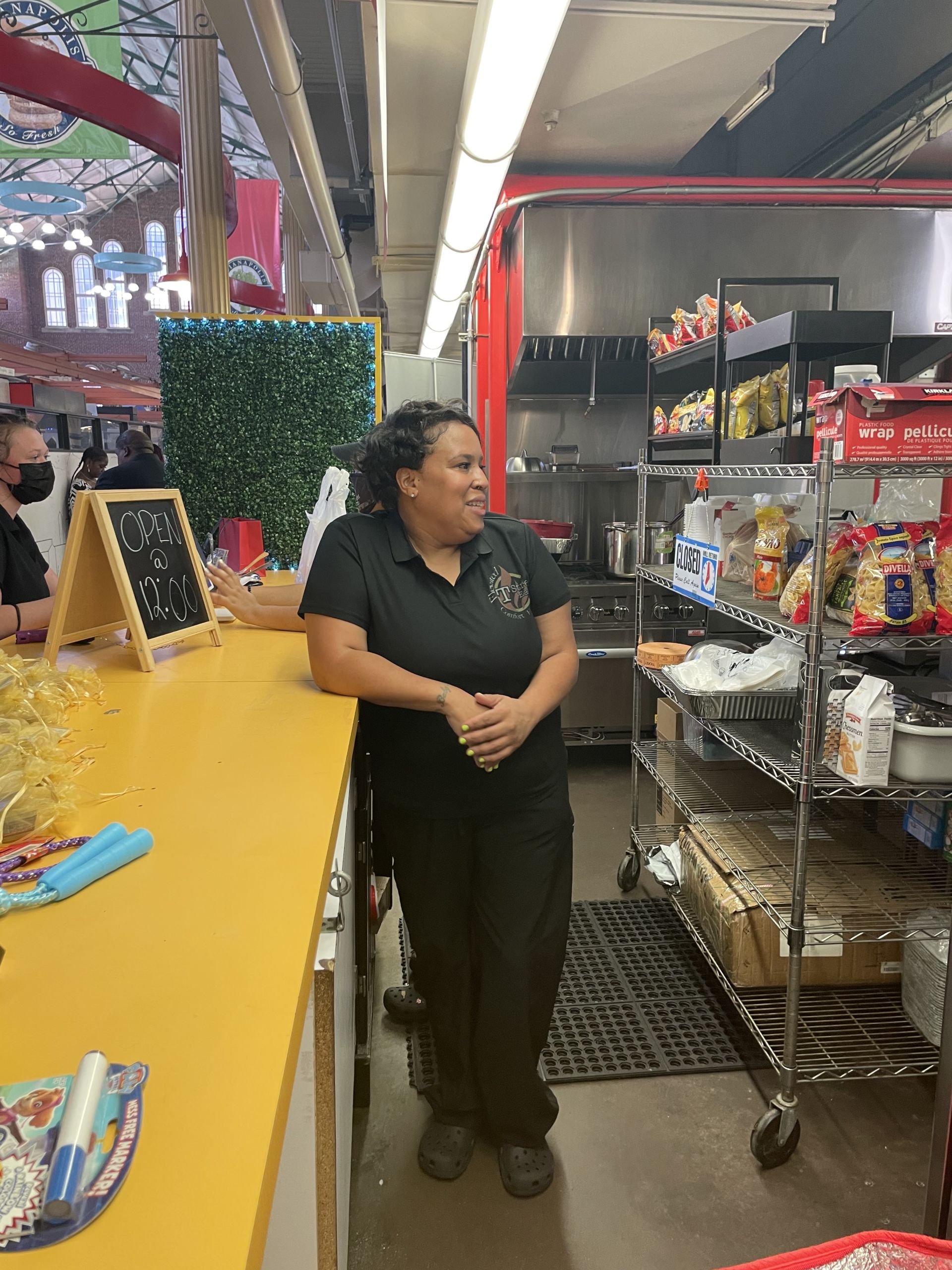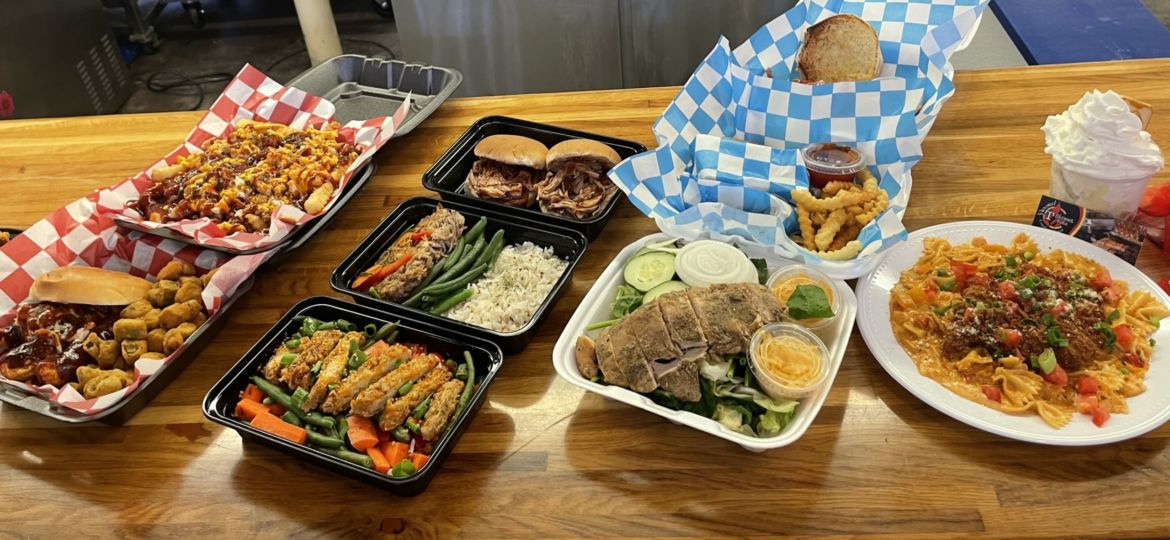

To commence Black Business Month, a long-awaited partnered project focused on diversity in small start-ups was released in Indianapolis on Aug. 3.
Executives from Indianapolis City Market and Indy Black Chamber of Commerce converged when they caught sight of the substantial lack of Black vendors within the city, specifically in the service industry.

Funded by a $150,000 grant from Bank of America, the “S.O.U.L. (Supporting Our Unique Locals) of the City” kitchen incubator was born. This program for first-time Black business owners will supply retail space for trailblazing food prep and fresh business traction.
Keisha Harrison has been the Executive Director of the Indianapolis City Market since Nov. 2020. Harrison’s main goal when beginning her position was to curate meaningful partnerships with other Indianapolis businesses. Because of the pandemic, many of her collaborative efforts couldn’t leave the pages of her notebook. But after almost two years, her push to work with organizations such as the Indy Black Chamber to support Black entrepreneurs has come to fruition.
“I’m approaching Larry Williams, the Chamber’s president, and I’m like, ‘Hey, we have to do something together,’” Harrison said. “Once we started talking more about it, it was like, ‘Yes, we do need this initiative,’ especially as the city is focused on more diversity, equity, and inclusion — this kind of hit it out of the park.”

As of now, four Black chefs will participate in the initial launch of S.O.U.L, but if it wasn’t for women like Anita Williams, board chair of Indy Black Chamber, these businesses may have never had a chance to flourish in the market.
“I think in the past, there was not an advocate to say there aren’t a lot of Black vendors in the City Market,” Williams said. “No one noticed or it didn’t become a passion for anyone — but that is our passion — small business, Black business.”
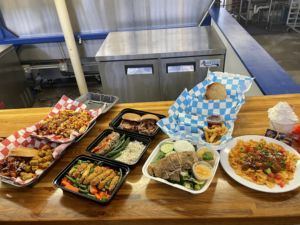
Though some Hoosiers have left downtown Indy these past two years, Williams believes there is still a strong enough market of people downtown for young entrepreneurs to thrive. While both Harrison and Williams help get the four businesses well-established, they will not lose sight of their end goal, which is for the chefs to leave the walls of the market for a brick-and-mortar restaurant of their own.
“That is the whole entire point of being incubated — we want them to grow so big that they have such a great following so we can get the next crop of new business owners,” Williams said.
MEET THE CHEFS
Two female entrepreneurs who have embraced the city’s pursuit of Black business growth now have a place for their kitchens to call home.
Through courses about food safety and menu creation, along with financial advice from the Chamber, chefs Spring Santos and Tasha Claytor now understand what it feels like for their dreams to materialize.
CHEF SPRING SANTOS
2 CRAZY LADIES IN CITY MARKET
@2CRAZYLADIESCATERING
26-year-old Spring Santos is no stranger to survival. An Alabama native and the youngest chef at S.O.U.L., she grew up on her mother’s Southern, home-cooked food. As a child, Santos watched her mother, “Chef Jasmine,” open two restaurants solo, and the pressure of it all never intimidated her.
She watched her mother go from launching her establishments, to closing them, then moving onto new food ventures, to breaking down, and then later, building herself back up again. This cycle was enough evidence to squash imposter syndrome and give Santos lasting confidence.
“I’ve never had any insecurities as a Black woman opening a business,” Santos said. “I think I have more of a chance because I have soul; I have a deepness in me and come from struggles, so it makes me want it even more.”
Though Santos comes from a line of cooks, she was never actually a skilled chef herself until she became pregnant. Before, she said she used to burn most of her cuisine, but when she became pregnant with her second daughter, she couldn’t keep anything down – limiting her diet to smoothies and forcing her into veganism.
Santos quickly recognized the benefits of vegan food and started teaching herself how to cook for her new family of four. Santos realized that eating vegan, plant-based foods gave her ample amounts of energy, made for a smoother pregnancy, and even mentally, changed the way she thought, dealt with, and approached problems.
With these new revelations and the help of her mother, Santos launched “2 Crazy Ladies.” Fundamentally focused on catering, “2 Crazy Ladies” evolved into a meal preparation and holistic nutritional healing business.
Santos creates all the vegan recipes from scratch herself, and she said that learning how to cook with jackfruit has been a highlight of her journey. Some of Santos’s bestsellers are her jackfruit patties with agave rice and her barbecue jackfruit sandwiches. Keeping it diverse, Santos often integrates Asian, Dominican, and other international ingredients into her plant-based creations — and her clients beg for more.
tasha claytor
T STREET EATZ in city market
@TSTREETEATZINDY
A true go-getter, registered nurse Tasha Claytor worked at a local hospital in 2019 while driving for Uber, DoorDash, Lyft, and even Instacart. Her only daughter was heading off to college soon, and Claytor knew she needed supplemental income to support her daughter’s dreams.
The pandemic put a wrench in Claytor’s plans for extra earnings, so she had to find another alternative.
Regretfully, in the middle of COVID-19’s chaos, Claytor lost her grandmother, Alverta McDonald, in July 2020. Amid all the mayhem in her life at the time, Claytor was scouting out her next business venture, even though she had no clue what to do or where to start.
When Claytor was working on her grandmother’s memorial tribute, she stumbled upon an old voicemail from her. She pressed play and heard her grandmother’s voice — thanking her, and raving about how good the food was that she made for what would be her last birthday.
The lightbulb instantly went off in Claytor’s mind and memories of family and friends complimenting her cooking flooded back. She started connecting the dots and recalled her father’s famous fish fry, and how he trained her nose through herbs and spices.
Claytor talked to her best friend, and now T Street business partner, Lamont Reeves, about selling her food, and he encouraged her to go for it. Unsure at first, Claytor opened up her first restaurant inside a commercial kitchen in Indy.
“Our first-day opening was a flop,” Claytor said. “We had five customers — everything went wrong — we burned things, the oven wasn’t working, and the stove wasn’t working.”
Fortunately, Claytor’s fifth customer that day inquired about catering for a bridal shower — a service she didn’t offer at the time — but one she was willing to try.
Claytor’s first time serving over 30 people at Fork & Function was a hit; she knew she had to integrate catering into her plans after all the guests praised her Cajun pasta and her punch.
Soon after, Claytor was receiving catering requests left and right, but her small space in the commercial kitchen couldn’t keep up with such high demands. Luckily, the Chamber supplied the resources and equipment necessary for Claytor’s business to expand.
Being that Claytor has hopped on and off different career trains multiple times while being a full-time mother, she strives to inspire Black entrepreneurs of every age and background to finish any goal they may have set for themselves but not yet completed.
“I told myself yesterday that I should’ve started when I was younger,” Claytor said. “Back then, I thought it was a dream — ‘I can’t own a restaurant, I can’t do it, I don’t have time, I don’t have the money,’ — but, there’s a way.”
RELATED: SUPPORT THESE LOCAL BLACK WOMEN-OWNED BUSINESSES
Mina Denny is Indy Maven’s editorial intern and the best pasta she’s ever tried is from T Street Eatz. Connect with Mina on Twitter and on LinkedIn.
All of our content—including this article—is completely free. However, we’d love if you would please consider supporting our journalism with an Indy Maven


